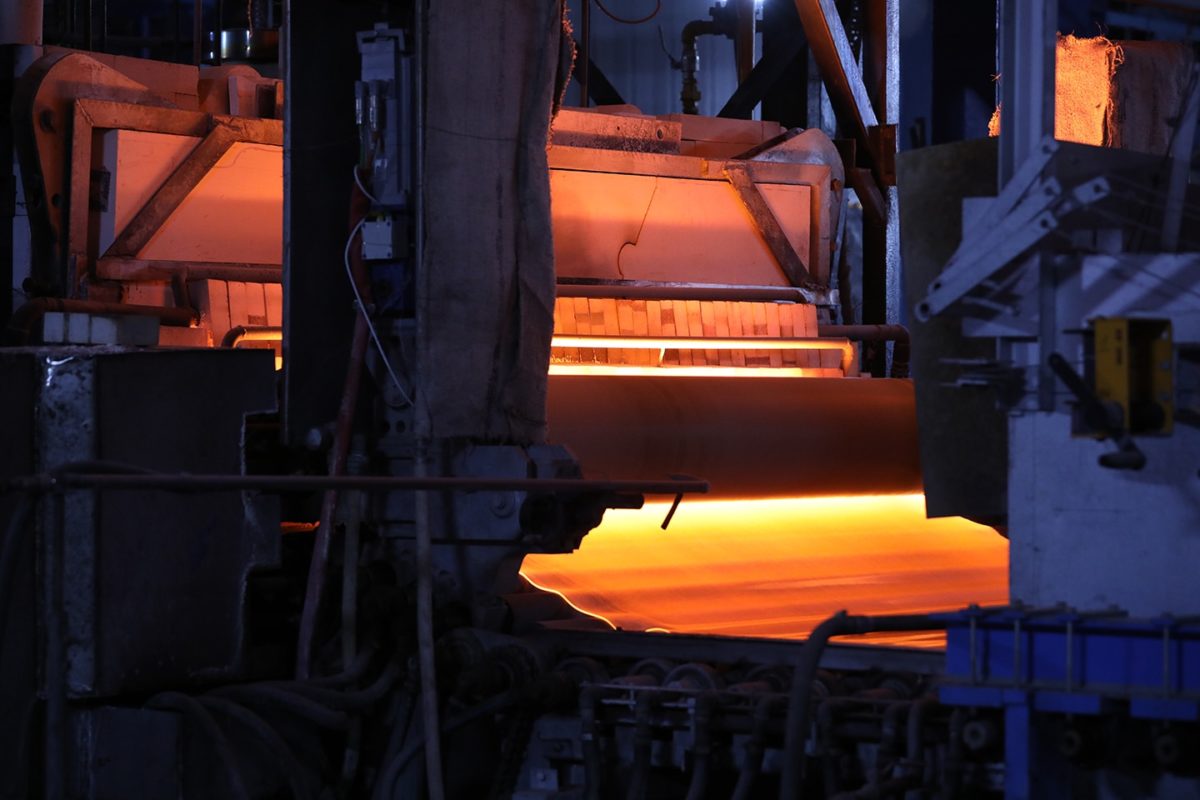From pv magazine India
Borosil Renewables said this week that the solar glass production capacity of its German unit, GMB Glasmanufaktur Brandenburg GmbH, has increased to 350 tpd from 300 tpd, following the modification and cold repair of its solar glass furnace.
The company said the life expectancy of the furnace has increased due to the modification. Due to the implementation of certain advanced processes and technologies during the cold repair, GMB’s production capacity has also increased from 300 tpd to 350 tpd. The manufacturer said it expects the modification to result in substantial savings in energy consumption.
In January, Borosil Renewables began expanding its solar panel glass manufacturing capacity in India to 1,000 tons per day by starting trial production at its third solar glass furnace, which has a capacity of 550 tons per day. With 1,000 tons per day of capacity, it can supply solar glass for 6 GW of solar module production per year.
The company’s other two furnaces in India have production capacities of 240 tons per day and 210 tons per day.
This content is protected by copyright and may not be reused. If you want to cooperate with us and would like to reuse some of our content, please contact: editors@pv-magazine.com.




By submitting this form you agree to pv magazine using your data for the purposes of publishing your comment.
Your personal data will only be disclosed or otherwise transmitted to third parties for the purposes of spam filtering or if this is necessary for technical maintenance of the website. Any other transfer to third parties will not take place unless this is justified on the basis of applicable data protection regulations or if pv magazine is legally obliged to do so.
You may revoke this consent at any time with effect for the future, in which case your personal data will be deleted immediately. Otherwise, your data will be deleted if pv magazine has processed your request or the purpose of data storage is fulfilled.
Further information on data privacy can be found in our Data Protection Policy.